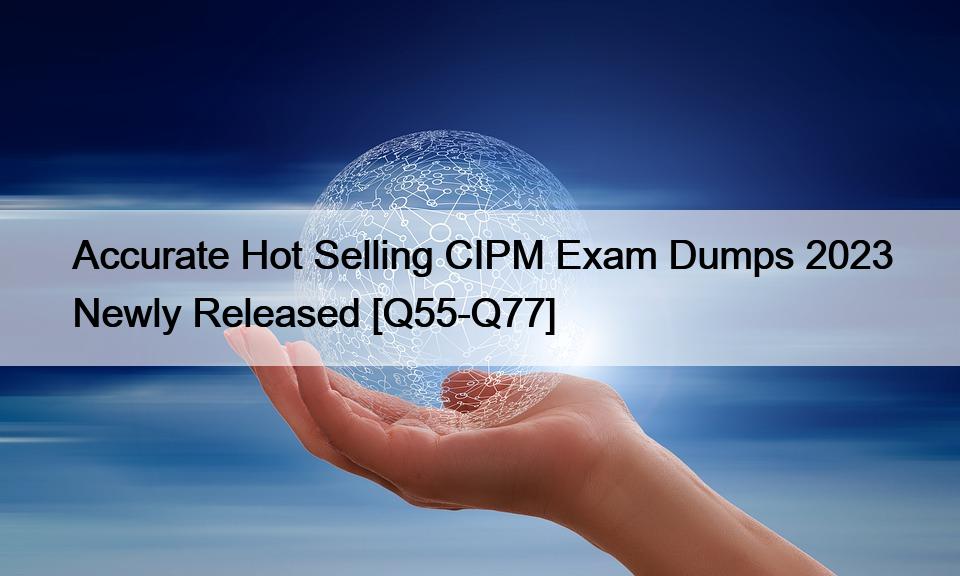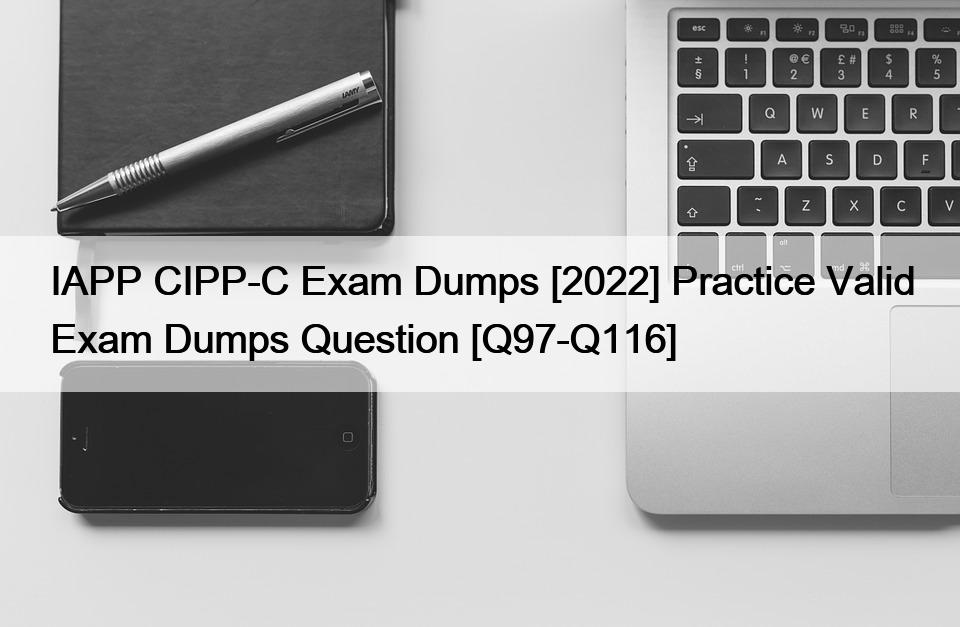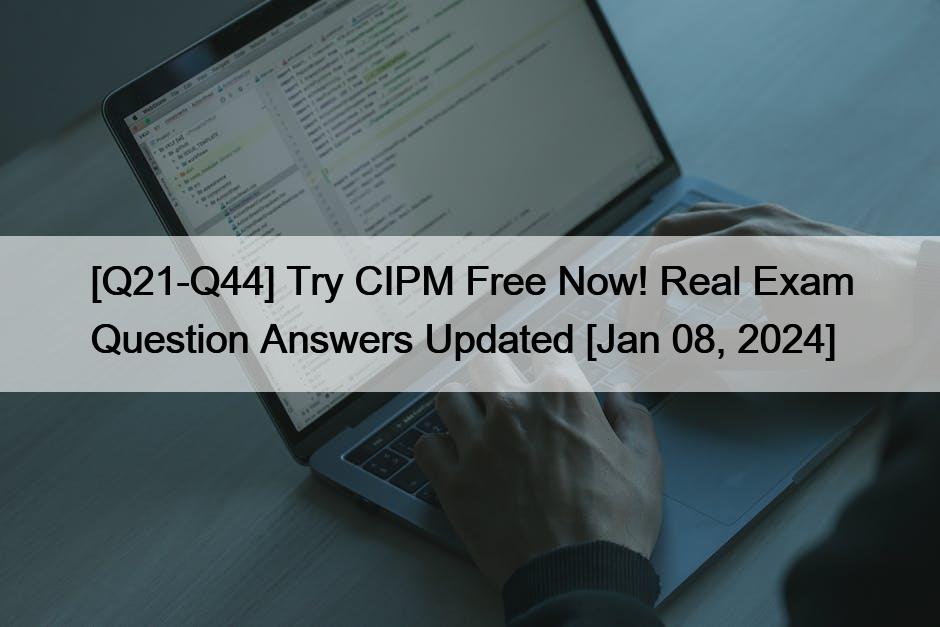QUESTION 69
SCENARIO
Please use the following to answer the next QUESTION:
Martin Briseno is the director of human resources at the Canyon City location of the U.S. hotel chain Pacific Suites. In 1998, Briseno decided to change the hotel’s on-the-job mentoring model to a standardized training program for employees who were progressing from line positions into supervisory positions. He developed a curriculum comprising a series of lessons, scenarios, and assessments, which was delivered in-person to small groups. Interest in the training increased, leading Briseno to work with corporate HR specialists and software engineers to offer the program in an online format. The online program saved the cost of a trainer and allowed participants to work through the material at their own pace.
Upon hearing about the success of Briseno’s program, Pacific Suites corporate Vice President Maryanne Silva-Hayes expanded the training and offered it company-wide. Employees who completed the program received certification as a Pacific Suites Hospitality Supervisor. By 2001, the program had grown to provide industry-wide training. Personnel at hotels across the country could sign up and pay to take the course online. As the program became increasingly profitable, Pacific Suites developed an offshoot business, Pacific Hospitality Training (PHT). The sole focus of PHT was developing and marketing a variety of online courses and course progressions providing a number of professional certifications in the hospitality industry.
By setting up a user account with PHT, course participants could access an information library, sign up for courses, and take end-of-course certification tests. When a user opened a new account, all information was saved by default, including the user’s name, date of birth, contact information, credit card information, employer, and job title. The registration page offered an opt-out choice that users could click to not have their credit card numbers saved. Once a user name and password were established, users could return to check their course status, review and reprint their certifications, and sign up and pay for new courses. Between 2002 and 2008, PHT issued more than 700,000 professional certifications.
PHT’s profits declined in 2009 and 2010, the victim of industry downsizing and increased competition from e- learning providers. By 2011, Pacific Suites was out of the online certification business and PHT was dissolved. The training program’s systems and records remained in Pacific Suites’ digital archives, un-accessed and unused. Briseno and Silva-Hayes moved on to work for other companies, and there was no plan for handling the archived data after the program ended. After PHT was dissolved, Pacific Suites executives turned their attention to crucial day-to-day operations. They planned to deal with the PHT materials once resources allowed.
In 2012, the Pacific Suites computer network was hacked. Malware installed on the online reservation system exposed the credit card information of hundreds of hotel guests. While targeting the financial data on the reservation site, hackers also discovered the archived training course data and registration accounts of Pacific Hospitality Training’s customers. The result of the hack was the exfiltration of the credit card numbers of recent hotel guests and the exfiltration of the PHT database with all its contents.
A Pacific Suites systems analyst discovered the information security breach in a routine scan of activity reports. Pacific Suites quickly notified credit card companies and recent hotel guests of the breach, attempting to prevent serious harm. Technical security engineers faced a challenge in dealing with the PHT data.
PHT course administrators and the IT engineers did not have a system for tracking, cataloguing, and storing information. Pacific Suites has procedures in place for data access and storage, but those procedures were not implemented when PHT was formed. When the PHT database was acquired by Pacific Suites, it had no owner or oversight. By the time technical security engineers determined what private information was compromised, at least 8,000 credit card holders were potential victims of fraudulent activity.
In the Information Technology engineers had originally set the default for customer credit card information to “Do Not Save,” this action would have been in line with what concept?



